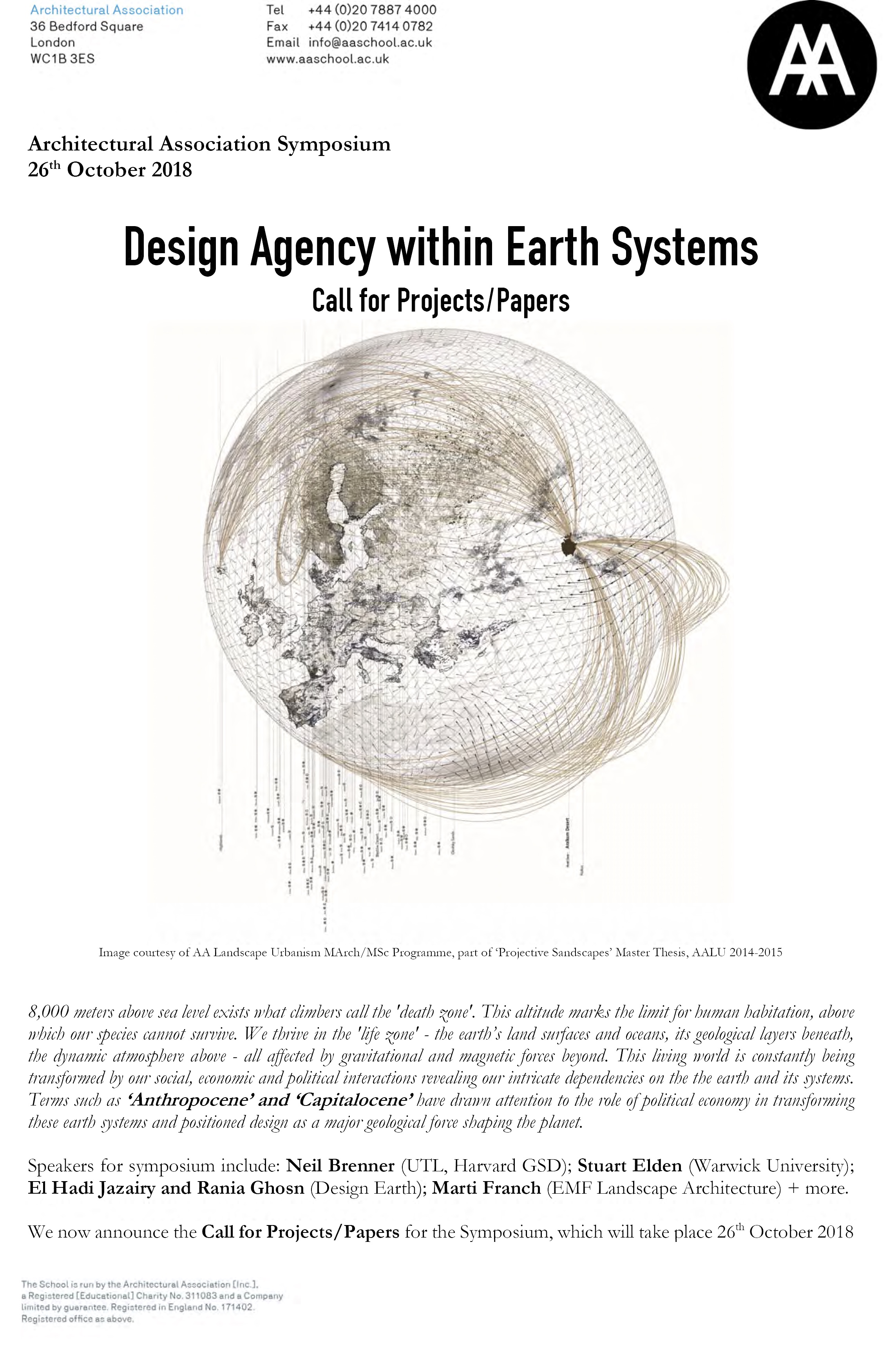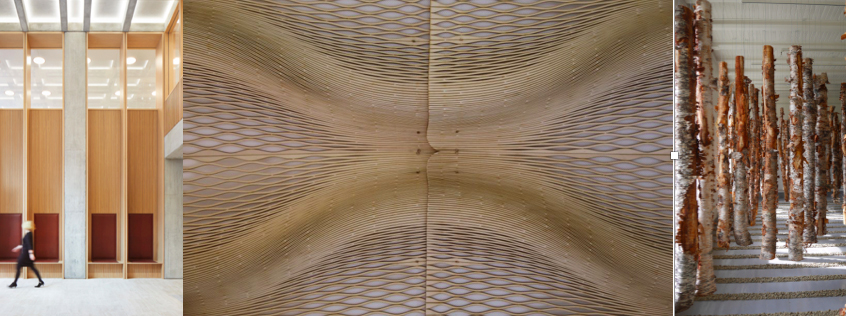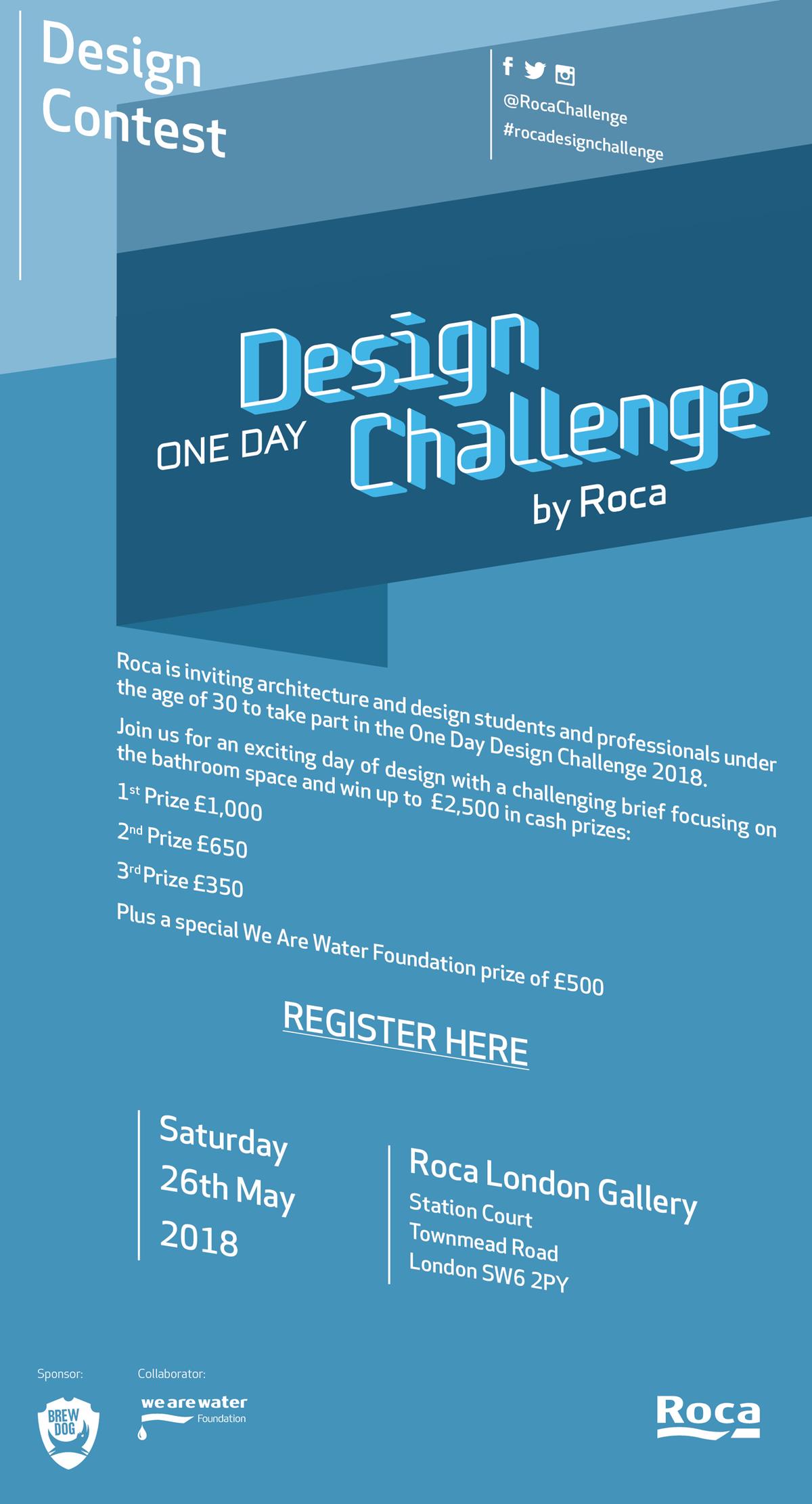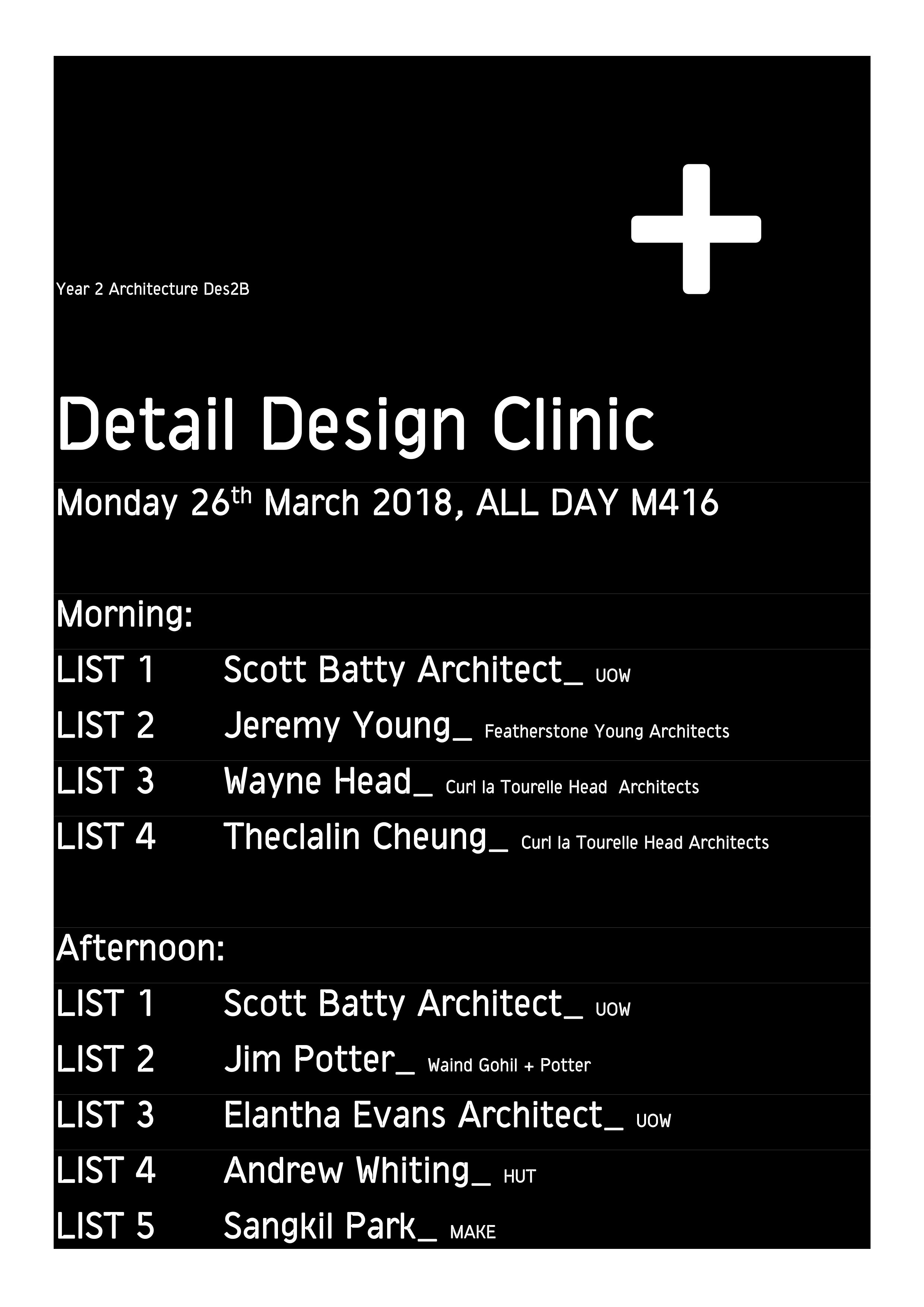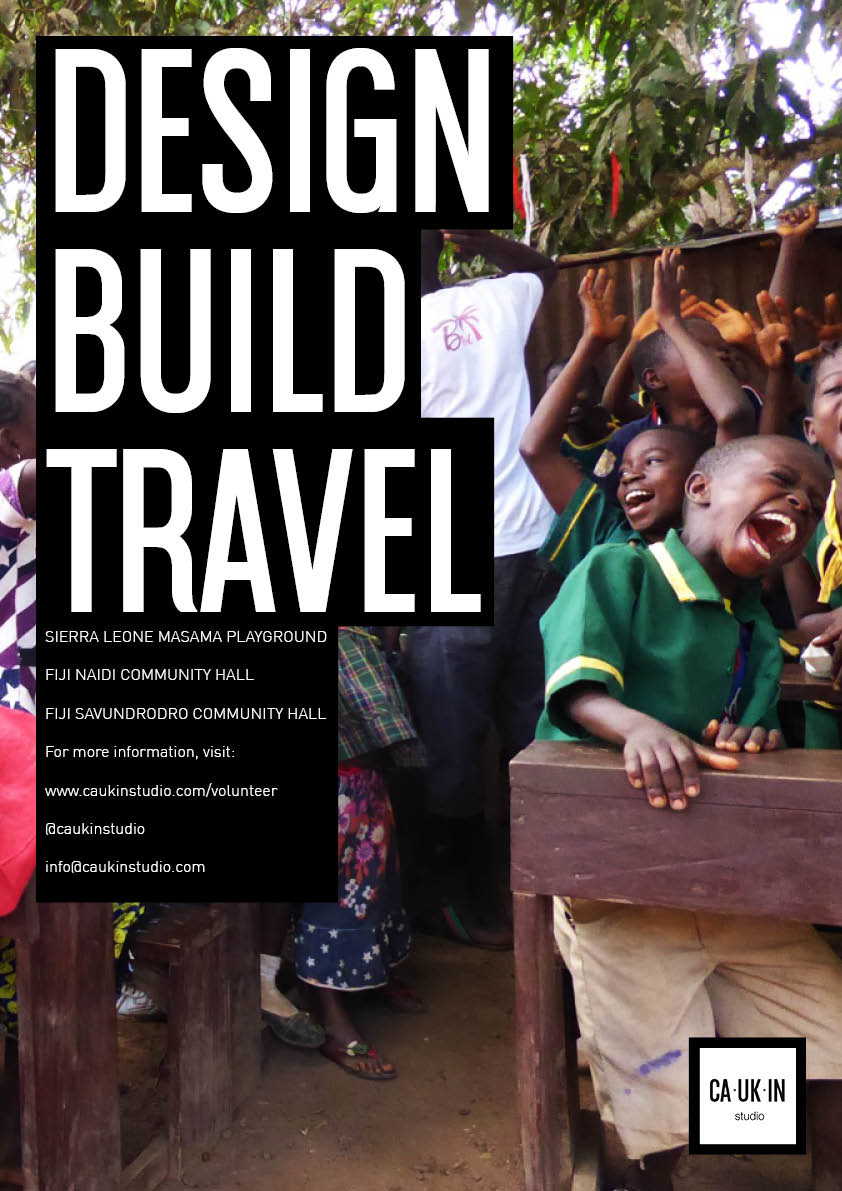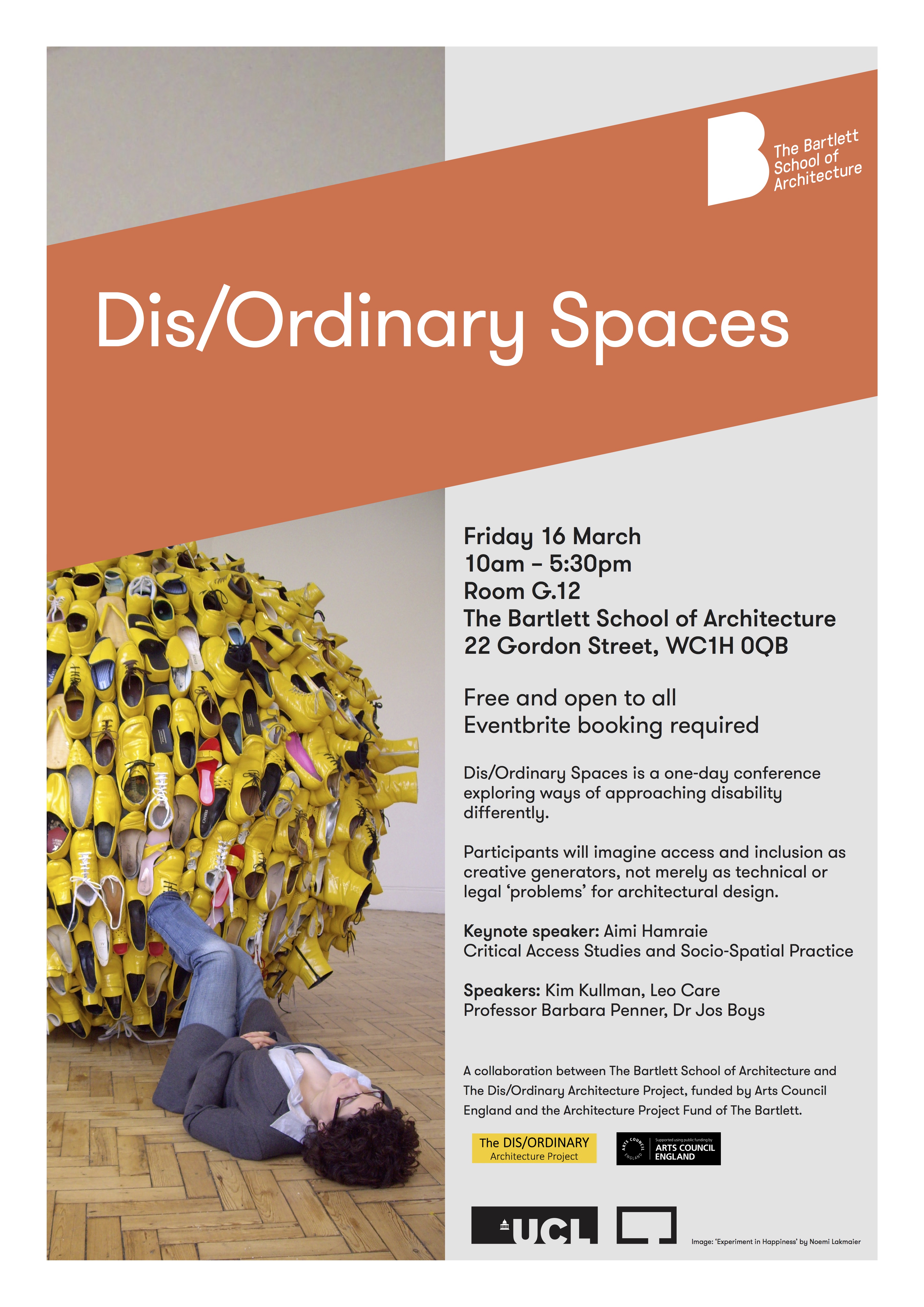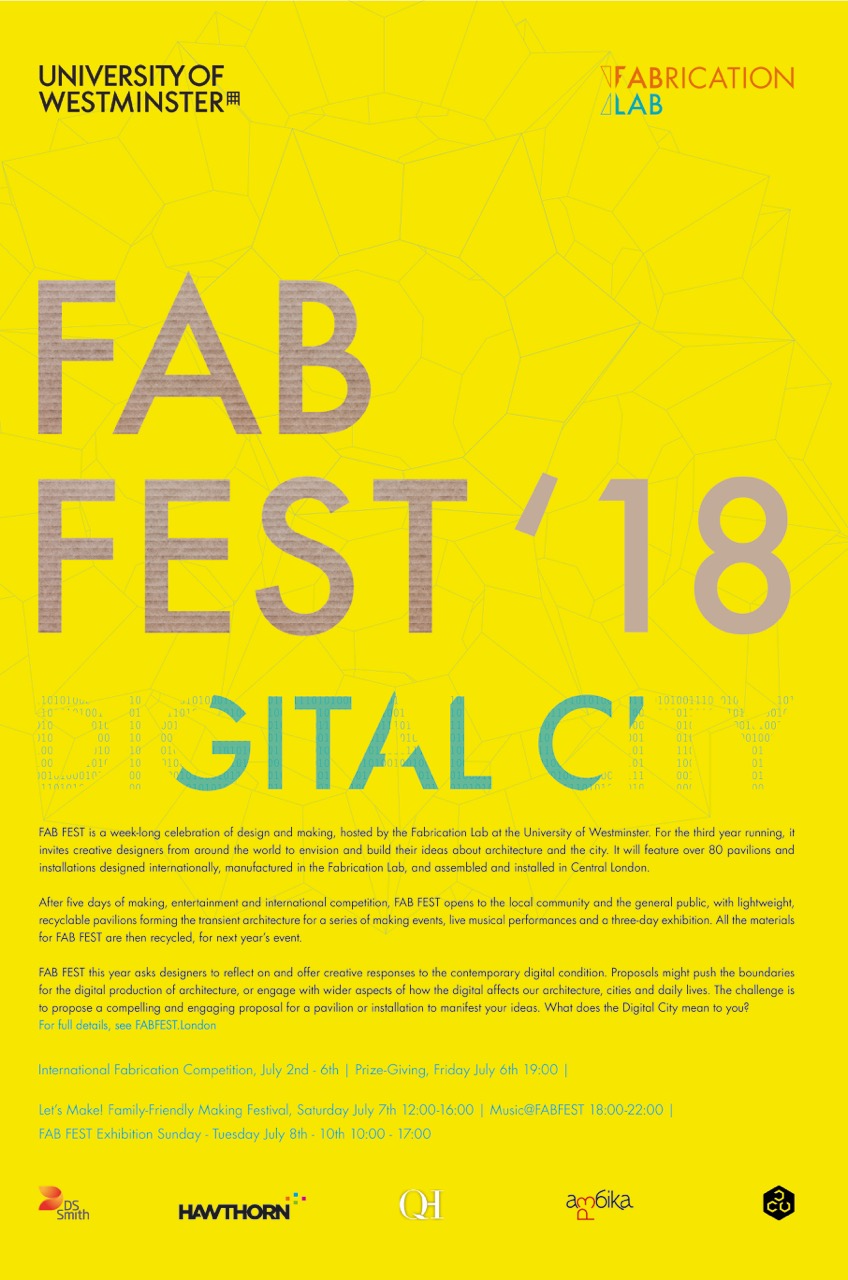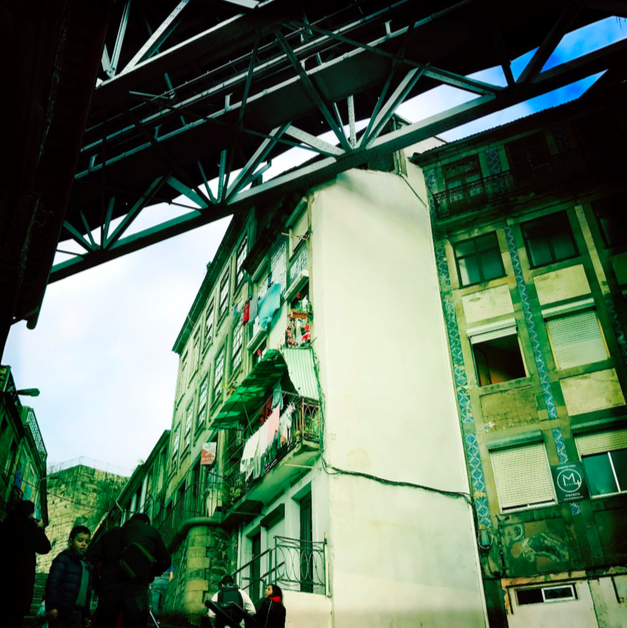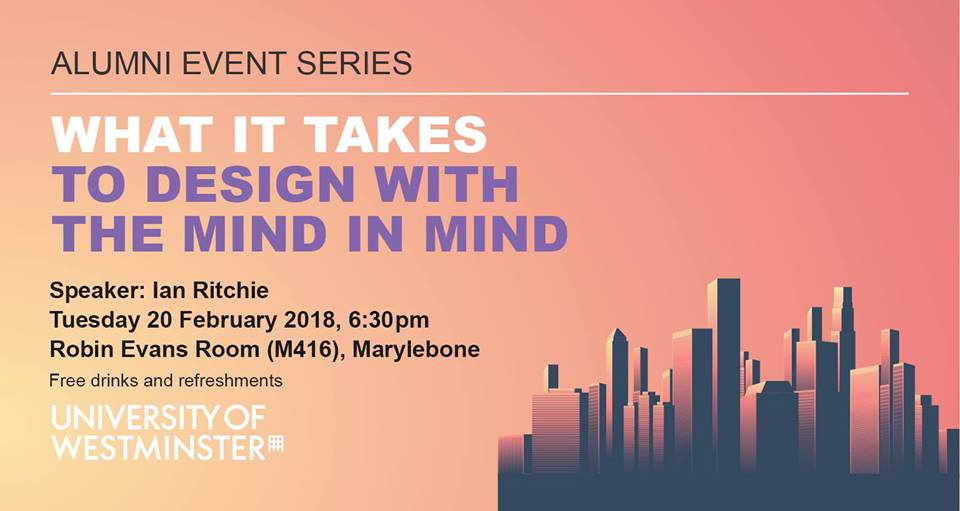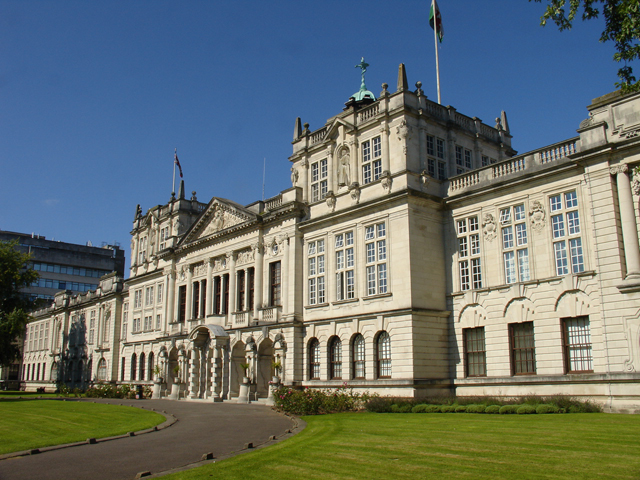Call symposium ‘ENABLE’
A tribute to Prof. Johan Verbeke
The Faculty of Architecture KU Leuven proudly announces the symposium ENABLE on April 20-22 2018 in association with EAAE, ARENA, EURICUR, eCAADe and ELIA
The European Association for Architectural Education (EAAE), the Architectural Research European Network Association (ARENA), the European Institute for Comparative Urban Research (EURICUR), the association for Education and research in Computer Aided Architectural Design in Europe (eCAADe) and the European League of Institutes of the Arts (ELIA) continue to dedicate themselves to the development of research in all fields of architecture, technology, design and arts. This also includes subjects such as environmental design, sustainable development, interior design, landscape architecture, urban design/urbanism, music, performing arts, visual arts, product design, social design, interaction design, etc.
Together they are organising a symposium as a tribute to Professor Johan Verbeke. The symposium is building further on Johan’s critical approach, his advocacy for designerly thinking in research, his plea for research through design, based on the insights as they emerge during design practice. It is also building further on Johan’s vision to bring together arts and architecture, design and performance, from product design to landscape.
This symposium is called ‘ENABLE’, because we want to discuss the deployability and impact of design thinking, research and practice. This discussion and the cross-over with stakeholders outside the design world, governments, private companies, management thinking, … can be combined in notions such as ‘activating’ and ‘enabling’. Enable means to make able; give power, means, competence, or ability to; to authorise to give (someone) the authority or means to do something; to make it possible for to empower, to facilitate, to implement.
How does the research field of practices reaches out towards building developers, city policy, city planning? And how is the design world reacting to questions and challenges generated from these ‘external’ stakeholders?
Design researchers and PhD students will be able to participate in an environment dealing with research outside the architectural or artistic discipline and research within design studios.
The symposium is structured around three half days with three themes derived from the ‘Enable’-concept:
- ‘Slow modelling’
- ‘Impurity’
- ‘Form influence’
Each theme will include discussants from within and outside academia. Students, end-users and policy makers will be welcomed in each panel.
Rapporteurs will have the responsibility to report back at the end of the symposium. Several rapporteurs are needed for each theme, the results of this report will be used for a journal publication or other publication afterwards.
On both locations of the symposium the exhibition ‘a tribute to Johan’ will be visible. For this exhibition, we invite participants to provide 1 object or poster to be exhibited during the symposium.
Important dates:
- Submission of abstracts for peer review (discussants, rapporteurs and exhibition) at enable.architecture@kuleuven.be by 16th February 2018
- Notification of acceptance: 26th February 2018
- Registration: from 26th February 2018 onwards
- Conference dates: 20th – 22nd April 2018
For further information, please visit the conference website.










